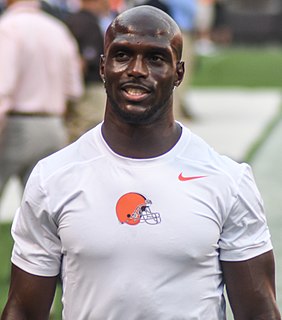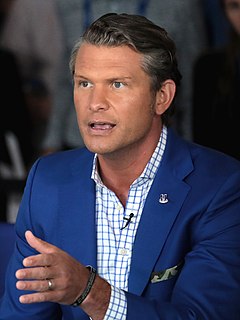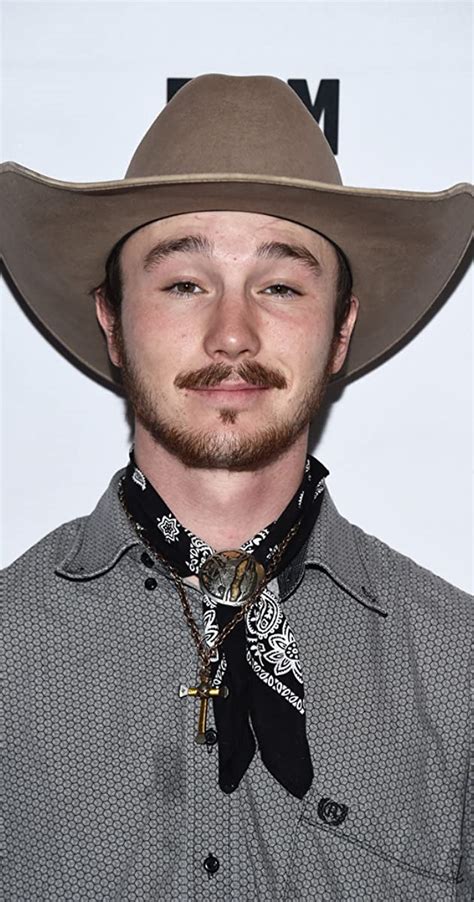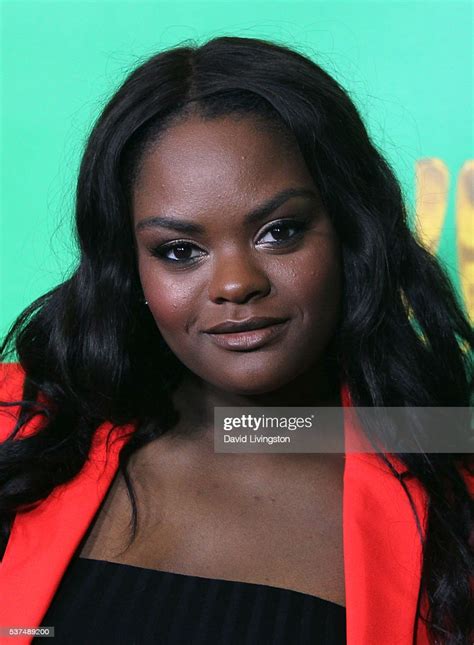A Quote by David O. Russell
You know, veterans come home and they may not be bipolar, but after they've been through a war with PTSD or a head injury, their families have a handful when they come home.
Related Quotes
We got a commitment that 3 million nurses are going to be trained to better identify these signs [of PTSD], because, you know, when these troops come home and they become veterans and they go back into the civilian community, they're not always going through the VA system for medical care. They're going to show up at community hospitals and clinics.
I put the Vietnam War behind me a long time ago, and what I wanted to (do) among other things was help veterans also be able to come all the way home as some of our veterans have not been able to do. But I harbor no anger nor rancor. I'm a better man for my experience, and I'm grateful for having the opportunity of serving.
I think that the needs of the VA and the needs of the veteran community are very, very significant. ?e're talking about a VA system in which, in the last years a million-and-a-half more people have come into the system. You're dealing with 500,000 people have come home from Iraq an Afghanistan with PTSD and TBI. You're dealing with an older veterans population from World War II and Korea who need some difficult medical help. We want to see it be more efficient. We want to see doctors go to where they're needed.
Memorial Day isn't just about honoring veterans, its honoring those who lost their lives. Veterans had the fortune of coming home. For us, that's a reminder of when we come home we still have a responsibility to serve. It's a continuation of service that honors our country and those who fell defending it.
I think the American people recognize is after a decade of war it's time to do some nation building here at home. And what we can now do is free up some resources, to, for example, put Americans back to work, especially our veterans, rebuilding our roads, our bridges, our schools, making sure that, you know, our veterans are getting the care that they need when it comes to post-traumatic stress disorder and traumatic brain injury, making sure that the certifications that they need for good jobs of the future are in place.
These are things that we hear from military families everywhere we go. But it - on PTSD, the thing that I want to make sure people understand is that the vast majority of veterans and military families aren't dealing with any kind of mental health. But there are - these are what are called the invisible wounds of this war. And many times they don't present.
I realized how little I knew about my own country. I had grown up in the suburbs and, after college, I moved out of the country, so I didn't really know the place well. When I started following soldiers and their families back home, it provoked a lot of the questions about who we are as a nation, questions I realized couldn't be explored through the more limited framework of looking at the military at war and at home.





































